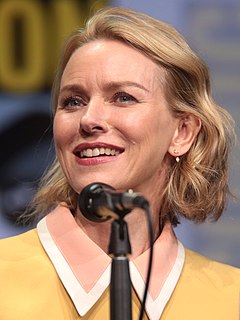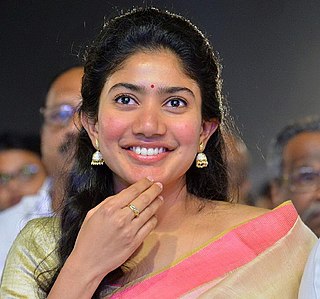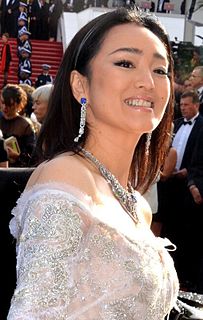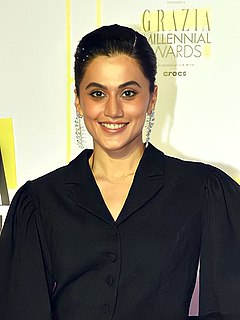A Quote by Naomi Watts
It'll take me a lot longer to read a script if there's no director attached.
Related Quotes
With a good script a good director can produce a masterpiece; with the same script a mediocre director can make a passable film. But with a bad script even a good director can’t possibly make a good film. For truly cinematic expression, the camera and the microphone must be able to cross both fire and water. That is what makes a real movie. The script must be something that has the power to do this.
When I read the script of 'Karu,' there was a spark within, and I instantly connected with the story. I was emotionally attached to the story. After we finished shooting, I was so attached to the kid who played my daughter, I wanted to adopt her. That's how strong my emotional attachment was with the role and the story.
I have been waiting around to get the right script and the right director. For example, in the past, if a Hollywood director came to me with a script and wanted me to play a character, and she was a stereotypical Asian woman who gets into a fight and gets killed off quickly, that didn't seem to have much interest for me.
The way I pick movies is, first, if the script is any good. Then, if the script is good, who else is in it, the director, the producer, all that. If you have all that, there's a chance the movie will be great. If the script isn't right, or the director or cast isn't right, you've got no shot in hell.



































